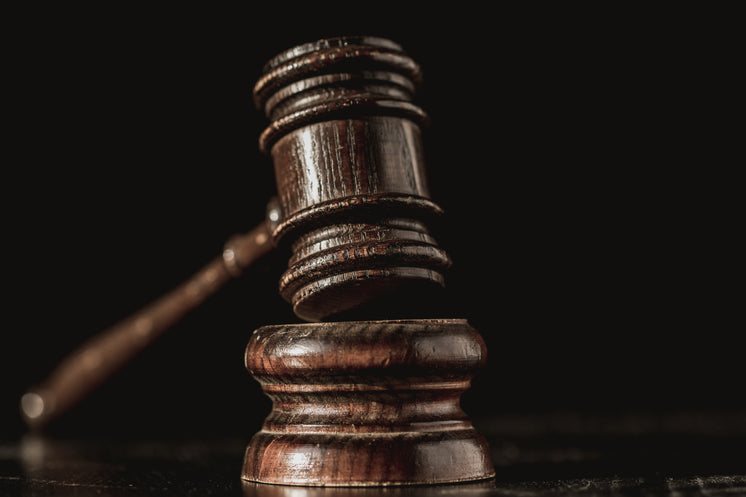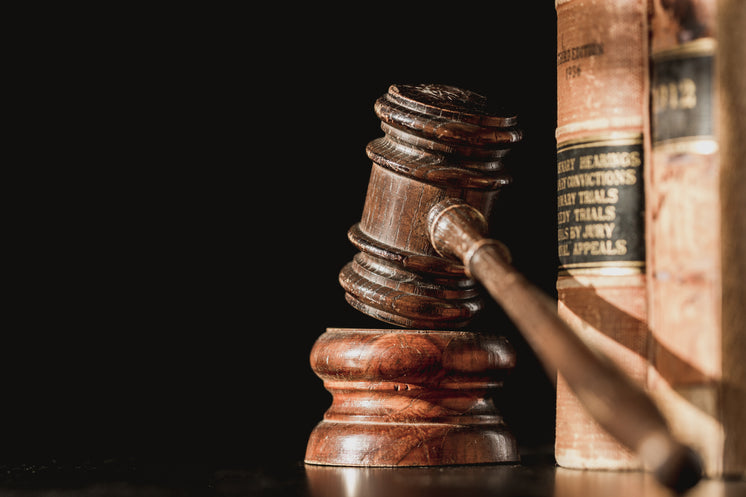edgarkallas63
edgarkallas63
Courts of law in Ireland are a integral part of the country’s legal and constitutional framework.
The role of court fees has also become a topic of concern in the UK court system. While court fees are necessary to fund the administration of justice, there is ongoing debate about how they can limit access to justice for vulnerable groups. Some argue that the cost of litigation, particularly in civil cases, can prevent individuals from accessing the courts, leading to disparities in legal outcomes.
The Children’s Court, part of the District Court, deals with young offenders under the age of 18. The focus is often on rehabilitation rather than punishment. The Irish Youth Justice Service works alongside the courts to support community-based solutions and diversion programs.
In the 13th century, the English legal system continued to evolve. The establishment of the Court of Common Pleas, which dealt primarily with civil matters, and the Court of King’s Bench, which handled criminal cases, created a more structured court system. These courts played an essential role in shaping the legal landscape of England, as they set legal precedents and defined the scope of English common law.
From the High Court of Justiciary to the Justice of the Peace Courts, Scotland’s legal system reflects centuries of tradition alongside ongoing reform. As legal questions grow increasingly complex in areas like technology, constitutional law, and human rights, the Scottish courts remain at the forefront of delivering fair, efficient, and independent justice for all.
In conclusion, law courts in Scotland represent a well-structured, autonomous, and historic component of the UK legal landscape. With its own procedures, court hierarchy, legal principles, and cultural influences, the Scottish judiciary continues to uphold justice while responding to modern legal challenges.
Children in the justice system is overseen by special Youth Courts, which operate separately from adult courts. These courts aim to focus on rehabilitation rather than punishment, and proceedings are less formal. Young people appearing in court are given additional support and may be referred to youth offending teams for interventions.
Getting justice isn’t always easy, especially in rural areas where recent court closures have forced people to travel further for hearings. This has prompted criticism from legal professionals and campaigners who argue that local justice should be a priority.
The Scottish judiciary is headed by the Lord President, who also serves as the Lord Justice General when sitting in the High Court. Other senior judges include the Lords Commissioners of Justiciary and Senators of the College of Justice. Judicial appointments are managed independently through the Judicial Appointments Board for Scotland to ensure impartiality and merit-based selection.
 In conclusion, the law courts in the UK play a vital role in upholding the rule of law and ensuring access to justice. The facilities within these courts are essential for the smooth running of legal proceedings and the protection of the rights of individuals. From advanced technology to accessible infrastructure, the design and provision of court facilities are continually evolving to meet the needs of the modern legal system. If you loved this information and you would such as to get more information pertaining to lawyer Marketing Services kindly check out our website. However, challenges such as budget constraints, outdated buildings, and limited access in rural areas must be addressed to ensure that all individuals can access justice fairly and efficiently. It is crucial for the government and relevant authorities to continue to invest in court facilities to maintain the integrity and efficiency of the legal system in the UK.
In conclusion, the law courts in the UK play a vital role in upholding the rule of law and ensuring access to justice. The facilities within these courts are essential for the smooth running of legal proceedings and the protection of the rights of individuals. From advanced technology to accessible infrastructure, the design and provision of court facilities are continually evolving to meet the needs of the modern legal system. If you loved this information and you would such as to get more information pertaining to lawyer Marketing Services kindly check out our website. However, challenges such as budget constraints, outdated buildings, and limited access in rural areas must be addressed to ensure that all individuals can access justice fairly and efficiently. It is crucial for the government and relevant authorities to continue to invest in court facilities to maintain the integrity and efficiency of the legal system in the UK.
Technological advancements in UK court facilities is becoming increasingly important. Many courts are now equipped with video conferencing facilities to allow remote participation in hearings. This is particularly useful for individuals who cannot attend court in person, such as witnesses in distant locations or individuals with mobility issues. During the COVID-19 pandemic, the increased use of video hearings became more prominent, and it has since remained a valuable tool for ensuring that court processes continue smoothly without requiring everyone to be physically present.
 At the highest level of the judicial system is the UK Supreme Court, which has jurisdiction over constitutional issues, human rights cases, and appeals of significant legal importance. The administration of the Supreme Court includes ensuring the smooth operation of the appeal process. Given the importance of the Supreme Court in shaping UK law, its administrative team is highly specialized to manage the volume and complexity of the cases it handles.
At the highest level of the judicial system is the UK Supreme Court, which has jurisdiction over constitutional issues, human rights cases, and appeals of significant legal importance. The administration of the Supreme Court includes ensuring the smooth operation of the appeal process. Given the importance of the Supreme Court in shaping UK law, its administrative team is highly specialized to manage the volume and complexity of the cases it handles.
Beyond ensuring accessibility for people with disabilities, law courts in the UK are also designed to meet the needs of vulnerable individuals. This includes facilities to support victims of crime, witnesses, and those involved in family disputes. For example, many family courts have separate waiting areas for children or victims of domestic abuse to ensure they feel safe and comfortable during proceedings. Some courts also have facilities such as video link systems, where vulnerable witnesses can give their testimony from a secure location, reducing the stress of appearing in court.


